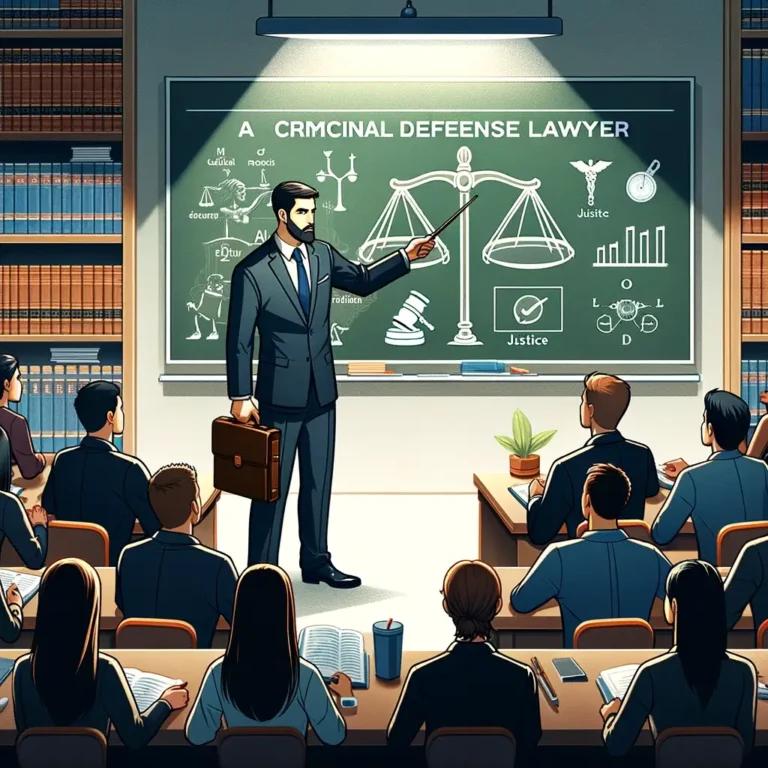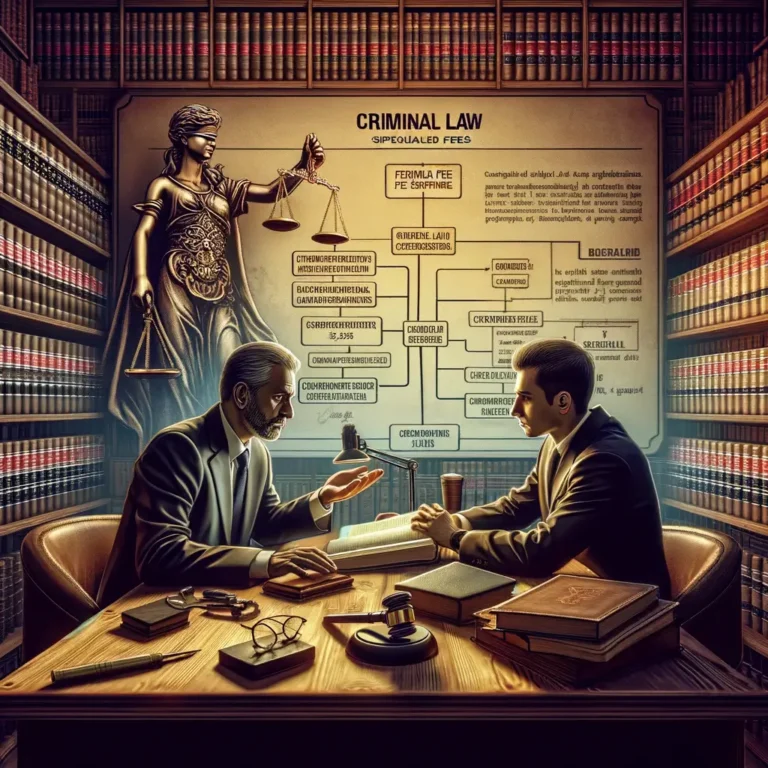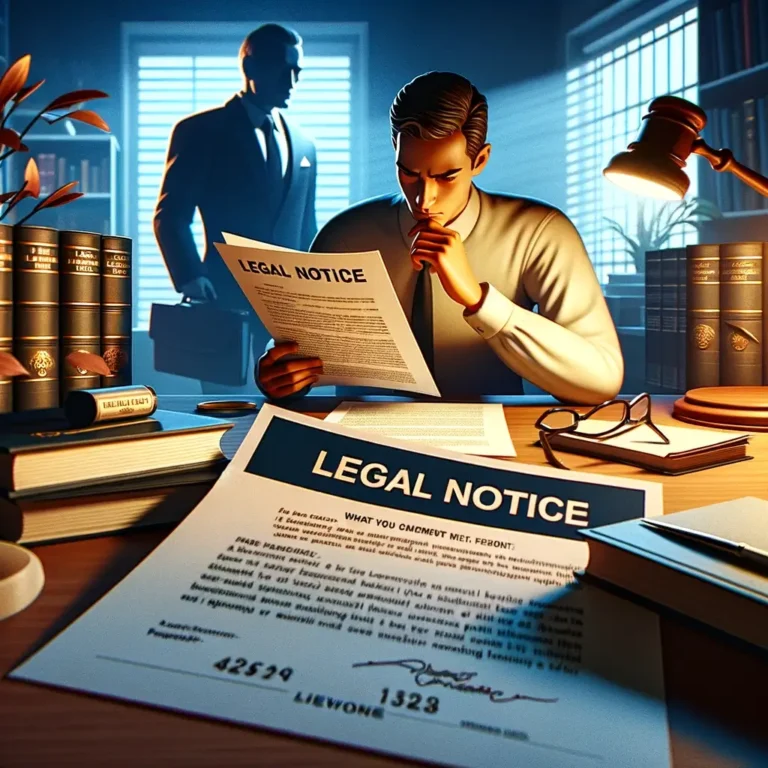In this article we have discussed Importance of Defense Lawyer for Unnatural Offense Charges
Understanding Unnatural Offense Charges
Unnatural offense charges are a serious legal matter that can lead to significant repercussions for those accused. These charges typically involve alleged sexual acts that are considered non-normative or against the law. It’s crucial to understand what constitutes an unnatural offense and the legal framework surrounding these charges.
The Legal Definition of Unnatural Offenses
In the Indian Penal Code (IPC), the term “Unnatural Offenses” refers to sexual acts that are deemed against the order of nature. Section 377 of the IPC deals with the offense of unnatural sex, which states:
“Whoever voluntarily has carnal intercourse against the order of nature with any man, woman or animal shall be punished with imprisonment for life, or with imprisonment of either description for a term which may extend to ten years, and shall also be liable to fine.”
This provision criminalizes non-consensual sexual acts involving penetration deemed to be unnatural, including same-sex intercourse and bestiality. The section has undergone significant legal scrutiny and debate, particularly regarding its constitutionality and impact on individual rights.
The interpretation and application of Section 377 have evolved over time, reflecting changing societal attitudes towards sexuality and human rights. In 2018, the Supreme Court of India, in a landmark judgment, decriminalized consensual adult same-sex relations, declaring that sexual orientation is a fundamental aspect of an individual’s identity and privacy.
Despite this progressive ruling, the legal definition of unnatural offenses remains an important aspect of India’s criminal law framework, reflecting broader societal attitudes towards sexual conduct and individual freedoms.
Consequences of Unnatural Offense Charges
Being charged with an unnatural offense, particularly under Section 377 of the Indian Penal Code (IPC), can have significant legal, social, and personal consequences for the accused. Here are some of the potential ramifications:
- Criminal Penalties: Conviction under Section 377 can lead to severe criminal penalties, including imprisonment for life or imprisonment for a term extending up to ten years, along with fines. The specific penalties imposed depend on the circumstances of the case and the discretion of the court.
- Stigma and Discrimination: Accusations of engaging in unnatural offenses may subject the accused to social stigma, discrimination, and prejudice within their community and society at large. They may face ostracization, harassment, and discrimination in various aspects of their personal and professional life.
- Impact on Personal Relationships: Charges of unnatural offenses can strain personal relationships and familial ties. Accused individuals may face rejection or estrangement from family members, friends, and loved ones due to societal taboos and misconceptions surrounding the nature of the offense.
- Professional Consequences: The stigma associated with unnatural offense charges can adversely affect an individual’s professional reputation and career prospects. They may encounter difficulties securing employment, obtaining professional licenses, or maintaining positions of trust and responsibility within their community.
- Psychological and Emotional Toll: The process of facing criminal charges and undergoing legal proceedings for unnatural offenses can take a significant psychological and emotional toll on the accused. They may experience anxiety, depression, trauma, and other mental health challenges as they navigate the complexities of the criminal justice system and cope with the social repercussions of the accusations.
- Legal Challenges and Costs: Defending against unnatural offense charges requires significant financial resources and legal representation. Accused individuals may incur substantial legal fees, court costs, and other expenses associated with mounting a defense, which can further exacerbate their financial and emotional burden.
- Reputation Damage: Even in cases where the accused is acquitted or charges are dropped, the stigma associated with unnatural offense allegations may linger, tarnishing their reputation and casting doubt on their character and integrity in the eyes of others.
Defense Lawyer for Unnatural Offense Charges
When facing unnatural offense charges, a Defense Lawyer plays a pivotal role. Their expertise and experience in handling such sensitive and complex cases can significantly impact the outcome.
Assessing the Case and Formulating a Defense
A skilled defense lawyer will start by thoroughly assessing the case against you, examining the evidence, and determining the best course of action. They will work to formulate a defense strategy that may involve challenging the evidence, questioning procedural errors, or presenting alternative explanations for the alleged conduct.
Navigating the Legal System
Navigating the legal system can be overwhelming for the accused. A defense lawyer provides invaluable guidance through each stage of the legal process, from initial hearings to trials, ensuring that the rights of the accused are protected.
Strategies Employed by Defense Lawyers in Unnatural Offense Cases
Defense lawyers utilize various strategies to defend clients accused of unnatural offenses. These strategies are tailored to the specifics of each case and are aimed at achieving the best possible outcome.
Challenging the Evidence
One common strategy is to challenge the prosecution’s evidence. This can involve questioning the legality of how evidence was obtained or the credibility of witnesses.
Highlighting Procedural Errors
Another approach is to highlight procedural errors that may have occurred during the investigation or prosecution. Such errors can include violations of the accused’s rights or improper handling of evidence.
Hiring the Right Defense Lawyer for Unnatural Offense Charges
Choosing the right defense lawyer is crucial when facing unnatural offense charges. The lawyer’s experience, understanding of the law, and approach to handling such cases can make a significant difference.
Factors to Consider When Choosing a Lawyer
When selecting a lawyer, consider their experience in handling similar cases, their track record, and their approach to defense. It’s also important to choose a lawyer with whom you feel comfortable communicating and who shows a genuine interest in your case.
The Importance of Early Legal Intervention
Early legal intervention can be critical in unnatural offense cases. Engaging a defense lawyer as soon as possible ensures that your rights are protected from the outset and can help in shaping the direction of the case.
Final Words: Protecting Your Rights with a Competent Defense Lawyer
Facing unnatural offense charges can be a daunting and stressful experience. However, with the right defense lawyer, you can navigate the legal challenges effectively. A competent lawyer will not only offer legal expertise but also provide the support and guidance needed during this difficult time.
FAQ on Defense Lawyers for Unnatural Offense Charges
- What is an unnatural offense charge?
An unnatural offense charge typically involves sexual acts that are considered non-normative or against the law in certain jurisdictions. - What are examples of unnatural offenses?
Examples can include acts like sodomy and other sexual behaviors that are outlawed in specific areas. - Can a defense lawyer help if I’m accused of an unnatural offense?
Yes, a skilled defense lawyer can provide legal representation, help navigate the legal system, and formulate a defense strategy. - What are the consequences of being convicted of an unnatural offense?
Consequences can include imprisonment, fines, and a permanent criminal record affecting future employment and social standing. - How does a defense lawyer assess my case?
A defense lawyer will review the evidence, understand the prosecution’s case, and explore all potential legal defenses. - What strategies might a defense lawyer use?
Strategies can include challenging the evidence, highlighting procedural errors, or presenting alternative explanations for the alleged conduct. - Is it important to hire a lawyer experienced in unnatural offense cases?
Yes, experience in these specific cases can be crucial for understanding the complexities and nuances of the law. - How soon should I contact a lawyer after being charged?
Immediately. Early legal intervention is critical in protecting your rights and shaping the case. - Can a lawyer get my unnatural offense charge dropped?
It depends on the case details, but a lawyer can work to have charges reduced or dropped if there are strong legal grounds. - What if I can’t afford a private defense lawyer?
You may be eligible for a court-appointed attorney or legal aid services depending on your financial situation. - How long can an unnatural offense case take?
The duration varies depending on the case complexity, legal procedures, and court schedules. - Will my case go to trial?
It depends on various factors, including the strength of the evidence and whether a plea deal is offered or accepted. - What is a plea bargain and should I consider it?
A plea bargain is an agreement to plead guilty to a lesser charge. It should be considered based on legal advice and case specifics. - Can I be fired for being charged with an unnatural offense?
This depends on your employment contract and local laws, but a charge could potentially impact your employment. - Are unnatural offense charges public record?
Yes, these charges typically become part of the public record unless the court orders otherwise. - Can these charges affect my custody rights?
Potentially, as the court may consider these charges when determining the best interests of the child. - What rights do I have when charged with an unnatural offense?
You have the right to legal representation, to remain silent, and to a fair trial, among others. - Can a conviction be appealed?
Yes, convictions can be appealed on various grounds, including legal errors or new evidence. - Are unnatural offense laws the same in all states or countries?
No, laws vary significantly between different jurisdictions. - Can a defense lawyer help in reducing the sentence?
Yes, they can negotiate for reduced sentencing, especially in plea bargain situations. - What should I tell my lawyer about my case?
You should provide all relevant information and be completely honest for them to defend you effectively. - Can I refuse to answer questions in court?
You can plead the Fifth Amendment in the U.S., which allows you to remain silent to avoid self-incrimination. - How does a lawyer challenge the prosecution’s evidence?
They can question the evidence’s legality, reliability, or relevance to the case. - What if I’m innocent of the charges?
An experienced lawyer will work to prove your innocence through various legal means. - Can media coverage affect my case?
Yes, media coverage can influence public perception and potentially the jury pool. - What is the difference between a public defender and a private attorney?
Public defenders are court-appointed and typically handle cases for those who can’t afford private attorneys. Private attorneys are hired directly. - How do I prepare for my court appearances?
Follow your lawyer’s advice, dress appropriately, and understand the court procedures. - Can a lawyer help with post-conviction processes?
Yes, they can assist with appeals, parole hearings, and potential expungement procedures. - Are there support groups for people facing unnatural offense charges?
Yes, there are various support groups and legal aid organizations that can provide assistance and support. - Can international law impact my case?
International law might play a role, especially if the offense has cross-border implications or involves foreign nationals.
Sources:-
















